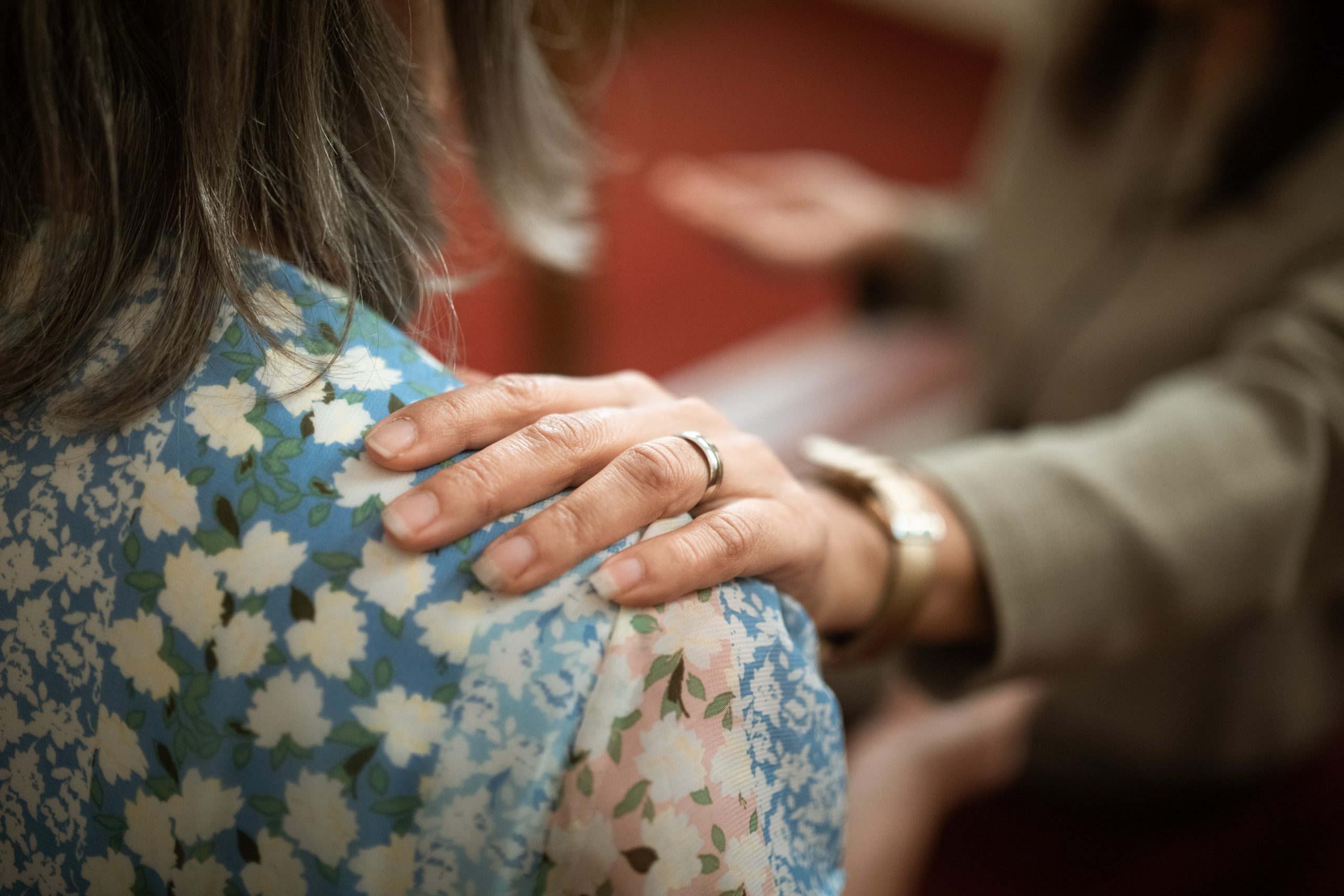Books by Dennis Fitzpatrick
THE 7 BASIC LIVING SKILLS
The first three living skills avoid divorce. The rest lead to bliss. Fitzpatrick maintains that any person who changes their own behavior by using the first two living skills of the 7 he teaches, can get the same results with difficult partners, children, parents, friends and coworkers if they are addiction free.

1. The Second Thought

2. Handling Conflict

3. Overcoming Addiction

4. The 5 Basic Needs

5. Forgiveness and Amends

6. Meditation

7. Service
Following is an explanation of the first three, and most important, Living Skills:
(Victim or Creator Behavior)
Basic Living Skill 1: The Second Thought: Victim or Creator
The victim thinker reacts. Impulsive thinking leads to impulsive acts which in turn creates an emotional reaction that affects our health. Creators stop and consider a second thought that might be more effective than the initial victim reaction. This first living skill teaches how we have less than a second to change our reaction. Therefore we must have the second thought ready ahead of time: I can handle this without blowing up or I can handle this without taking the first drink: or I can handle this without eating what I know is not good for me.
Basic Living Skill 2: 7 Peaceful Answers to Conflict
The measure of a person is how they handle conflict. First determine if this is an unimportant or important issue. Then make the choice of which skill to use to answer the conflict. Just the act of deciding whether the issue is important or not is enough to slow down a person from reacting thoughtlessly to a situation.
Unimportant issue responses (80%) are the Power of Surrender, Bounce It, or a non-defensive answer such as You could be right, l’ll think about it, or a non-sarcastic grunt. Important issue responses are timeouts, Fair Fight Negotiation 1 or 2, setting appropriate boundaries.
99% are food addicted while 66% are overweight and could suffer untimely early deaths; 20% are addicted to nicotine and will suffer early gradual deaths; 10% are alcohol addicted or are addicted to prescription or illegal drugs and could kill themselves and others in car accidents. Let us not neglect to mention thought addictions such as Gambling, Work, Spending, Sex & Love, Jealousy, Win at Any Cost Competition, Grieving, Religion, Addiction to Others and Institutional Codependency and other non-substance addictions that can also lead to tragic personal and relationship outcomes.
Buy the e-book for $9.99
The 7 Basic Living Skills
The first 3 skills avoid divorce The rest lead to bliss!
By Dennis Fitzpatrick
Dennis is the greatest therapist I have ever met. I have had more than a few counselors in my life. Dennis is the best. He made me understand what he is teaching. My life has totally changed for the better because of him. I want him to know this.
I have more control over my own emotions. I am able to bounce her efforts to bring me down to a victim thinking level. These classes should be mandatory for both parties especially if married with children. I now have peace, harmony and happiness in my marriage.
For Singles and Marrieds:
DATING BY BRAIN TYPE
Before and After Marriage
So you think sexual appeal determined your choice of partner? Maybe it was a familiar brain type. What brain type is your partner? If you knew, could you understand your mate and even guide your children better? Could you know your capabilities better if you knew your own Brain Type? With a divorce rate at 50% or higher, could it be that we don’t know how to date, attract, screen or keep potential partners for a life time relationship?
Watch the following video on “Dating by Brain Type” (7:16)
Do you prefer a woman who is a live wire (like my wife)? She is constantly on stage and alive to the present moment. Then date brain types 5-8 or 13-16.
What if you want a man who thinks and plans ahead and doesn’t just think of today? Then date brain types 1-4 or 9-12.
Maybe you prefer a compassionate partner? A person who will be empathetic with you. Then date brain types 1, 2, 5, 6, 9, 10, 13 or 14.
Let’s say that you admire a person who is a deep thinker. One with which you can have interesting conversations. Then date brain types 3, 4, 7, 8, 11, 12, 15 or 16.
Maybe after your last marriage you decided that you did not want to marry a slob. You don’t want somebody who throws their clothes around but is neat and orderly. Then date brain types 1, 3, 5, 7, 9, 11, 13 or 15.
If you had a relationship with someone who was always criticizing and judging you and others, then you might prefer a creative right brained person. Then date brain types 2, 4, 6, 8, 10, 12, 14 or 16.
Can we be more precise? Yes. Here are two from the master list of the brain types. Encircle the ones you would like to date:
#1 The People Person: An extravert that plans ahead who is also a feeling person that likes order in their lives.
#2 The Energetic Charmer: An extravert that plans ahead who is also a feeling and creative person. (From Chapter 1 of “Dating by Brain Type.”)
Buy the e-book for $9.99 from Amazon
DATING BY BRAIN TYPE
Before and After Marriage
By Dennis Fitzpatrick
Looking inside me has been the biggest eye opening event I’ve experienced in my life. I see my faults instead of ignoring them. I use the breathing exercise and meditation.
I don’t have to be right anymore. I use bounce it and meditation. I want to start a business, pay off my mortgage and continue to live as a creator healer.
On Addiction:
ARE YOU ADDICTED? IS HE? IS SHE?
41 Self-Evaluation Quizzes from Alcohol to Food to Worry
Addiction Definition: I know it is harmful but I do it anyway! Almost everyone eats foods they know are harmful. The addictions can be thought or substance addictions. At first they are mood altering, then harm relationships and finally affect health. A person changes when they self-evaluate.
Watch the following video on “Are You Addicted? Is He? Is She?” (5:04)
Buy the e-book for $9.99
ARE YOU ADDICTED?
IS HE? IS SHE?
41 Self-Evaluation Quizzes from Alcohol to Food to Worry
By Dennis Fitzpatrick
Every aspect of my life is better, my emotional control, communication skills and home life.
On a scale of 1 to 10, Dennis is an 11. He is a wonderful teacher and I’m very glad he was my teacher.



